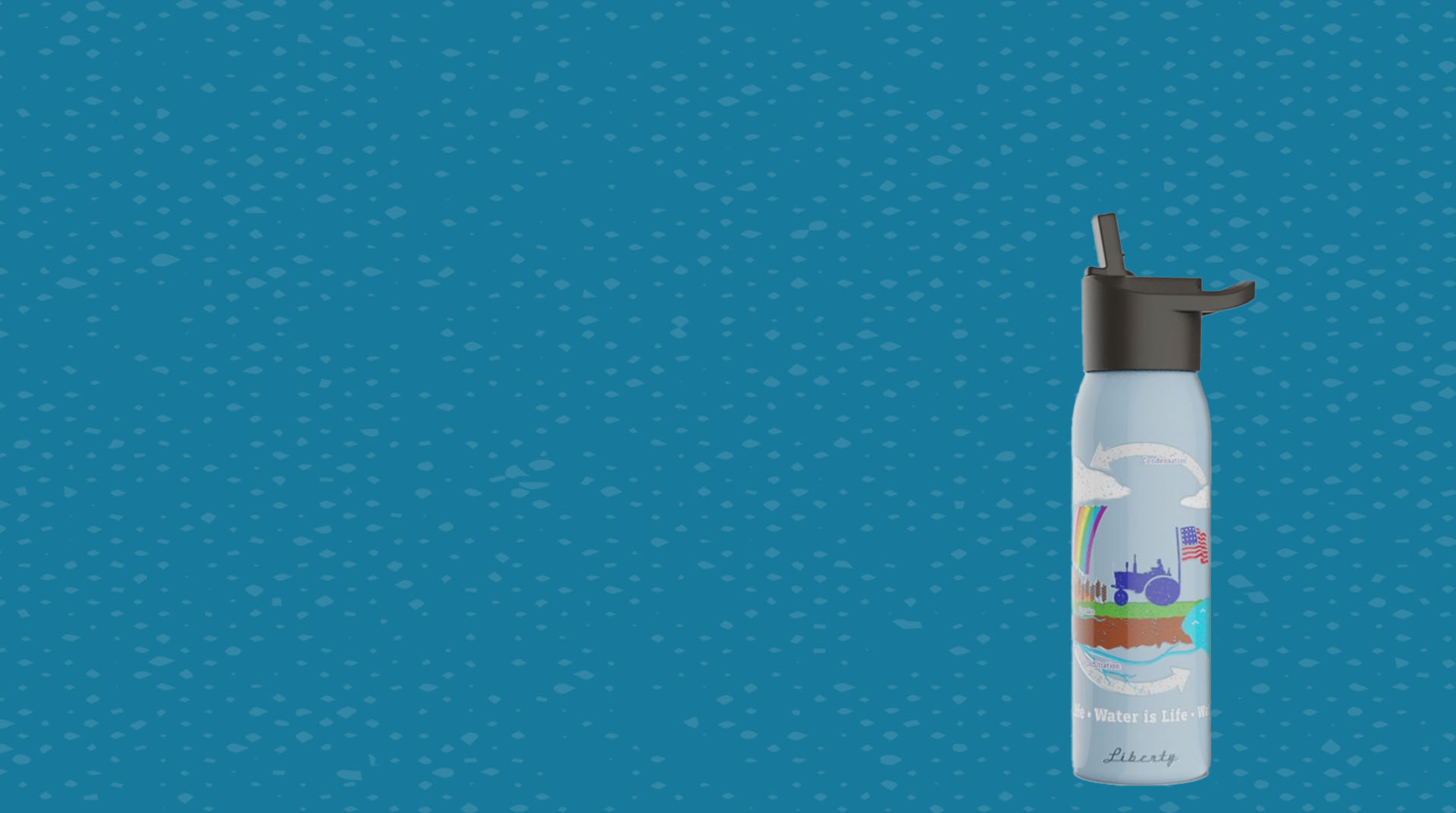If you¹ve tuned into the news media in the last 24 hours, you may have heard
about a graphic video release that shows sick cattle being chained by the
legs and dragged to slaughter, or being mauled by a forklift before behind
carted to the kill floor in a meat packing plant in California.
This video was shot by a Humane Society of the United States employeeworking undercover at the packing house and it shows in horrifying detail the inhumane treatment of cattle inside the facility. (You can find the link for the video here.)
The treatment goes against any conceivable standard of humane care of farm animals, and it also raises questions about the potential spread of dangerous diseases in the food supply. Downed cattle are currently banned from the food supply
because they are suspected of carrying Mad Cow Disease. Dragging the cattle through their own excrement increase the chances that, when slaughtered, E.
coli or other food borne pathogens will contaminate the meat.
The United States Department of Agriculture has appropriately stepped in to
suspend its contracts with meat suppliers purchasing from the offending
plant. That¹s good. But viewing such disturbing pictures cannot help but
give a person reason to worry over the general healthfulness of our
industrialized meat supply. Numerous descriptions of the dangers of the way
our high-speed meat processing facilities operate, and expose consumers to
various pathogens have appeared in the media over the years. Video like the
clip released today only confirms are deepest fears about meat processing
and our own health.
Fortunately, there are today ways for many of us to side-step the industrial
model by finding local farmers producing grass-fed and naturally raised
cattle. These farmers are often direct marketers, selling at farmers
markets, or right from their farm. There are even some naturally-raised and
grass-fed brands showing up at supermarkets. This more localized approach
to buying not only give our family farmers an economic boost, they can go a
long way toward ensuring some health related peace of mind for our families.

